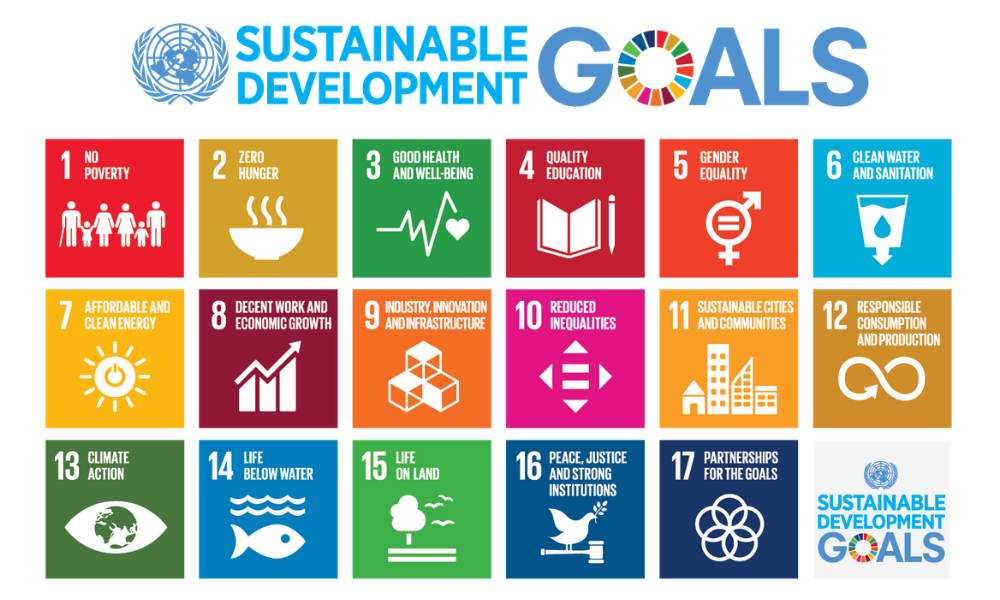For decades, the Italian ceramic tile industry has been committed to ensuring the environmental and social sustainability of its products and processes by adopting industrial technologies and Corporate Social Responsibility practices inside and outside the companies. In this respect, the Italian ceramic tile industry is well positioned in relation to the UN 2030 Agenda, the international benchmark for the three dimensions of sustainable development: economy, society and environment.
The 2030 Agenda and SDGs
On 25 September 2015, the United Nations (UN) approved the Agenda setting out 17 Sustainable Development Goals (SDGs) and 169 targets to be reached by 2030 and called for the active participation of all individuals, industries and nations.
The sector-wide review: one of the first cases in Italy
In 2019, Confindustria Ceramica promoted a sector-wide review to catalogue the main sustainable actions carried out by Italian ceramic tile companies and to identify new areas of development consistent with the UN’s SDGs.
The Italian ceramic tile industry’s sector-wide review was one of the first documents produced in Italy to determine an industry’s position in relation to the 2030 Agenda.
The results of the review
The sector-wide review identified 55 projects carried out in the past few decades that are now aligned with the goals of the 2030 Agenda. Below we will take a closer look at some of the actions that the Italian ceramic tile industry has adopted to meet 9 different SDGs.
The Italian ceramic tile industry’s initiatives for the UN’S SDGs
Italian ceramic tile companies have undertaken numerous projects aimed at reducing their environmental impact and improving people’s living and working conditions, both within companies and in the surrounding area and community. Specifically, the Italian ceramic tile industry has reached full waste and wastewater recycling capacity, thereby meeting a large part of its raw material requirements and reducing the use of virgin natural resources. In addition, the Italian ceramic tile industry meets up to 49% of its electricity requirements from renewable energy sources and cogeneration and keeps pollutant emissions below the industry’s BATs (Best Available Techniques). Along with environmental sustainability practices, Italian ceramic tile producers have also undertaken initiatives focusing on social issues. They have expanded the number of safety and corporate welfare projects, collaborations with schools and universities, and agreements to safeguard the health and living standards of the inhabitants of the Modena and Reggio Emilia ceramic tile district.
| Goal 3 Protocols and prevention measures to promote occupational health and safety. |
|
| Goal 4 Training and school-to-work projects. |
|
| Goal 6 Wastewater recovery and reduction of ground water usage. |
|
| Goal 7 Use of cogeneration plants and renewable energy. |
|
| Goal 8 Corporate welfare practices. |
|
| Goal 9 Reduction in energy consumption of production processes. |
|
| Goal 11 Ceramics of Italy Tile Competition: an architecture competition recognising the best architectural projects involving the use of Italian tiles. |
|
| Goal 12 Reduction in atmospheric emissions and consumption of water, raw materials and energy. Use of innovative digital printing products that are safer for human health and the environment. |
|
| Goal 13 Reduction in climate-changing carbon dioxide emissions and participation in the Emissions Trading System. |




 Architects
Architects
 Construction firms
Construction firms
 Dealers
Dealers
 Installers
Installers
 Public
Public



